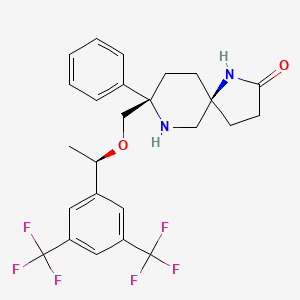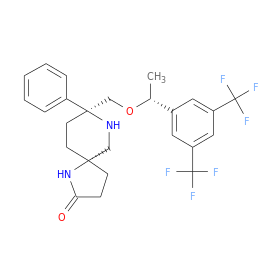Rolapitant reduces nausea and vomiting in patients receiving cisplatin-based chemotherapy, according to the results of a phase III trial presented for the first time today at the ESMO 2014 Congress in Madrid, Spain.
Dr Martin Chasen, lead author and medical director, Palliative Care, Ottawa Hospital Cancer Centre, Canada, said: "This agent makes a significant difference in the way people tolerate their chemotherapy. Patients experienced no loss in quality of life and, in fact, many saw meaningful improvements. One of the patients in the rolapitant cohort reported that he had just finished 18 holes of golf one week after receiving chemotherapy. This is in sharp contrast to many patients on current standard anti-emetics that are too ill to get out of bed within a week after each cycle of cisplatin."
"We must treat nausea and vomiting, not just the cancer," added Chasen, emphasising that some patients are extremely sensitive to cisplatin effects and recalling that he had one or two patients with curable cancers who refused treatment after one round of cisplatin. "They preferred to die," he said.
The phase III trial investigated rolapitant, a novel antagonist of the NK-1 receptor, for the prevention of severe nausea and vomiting often experienced by patients receiving cisplatin-based chemotherapy, which may cause dose reductions and treatment discontinuation. The multicentre trial randomised 532 patients 1:1 to receive rolapitant plus granisetron/dexamethasone or placebo plus granisetron/dexamethasone prior to cisplatin-based chemotherapy.




